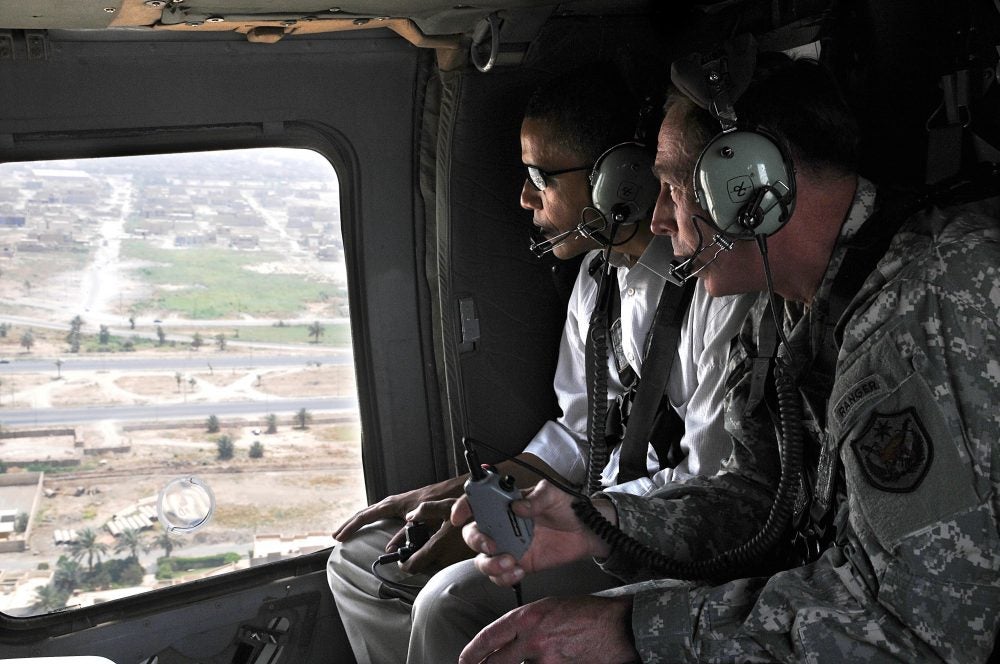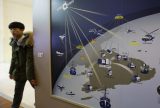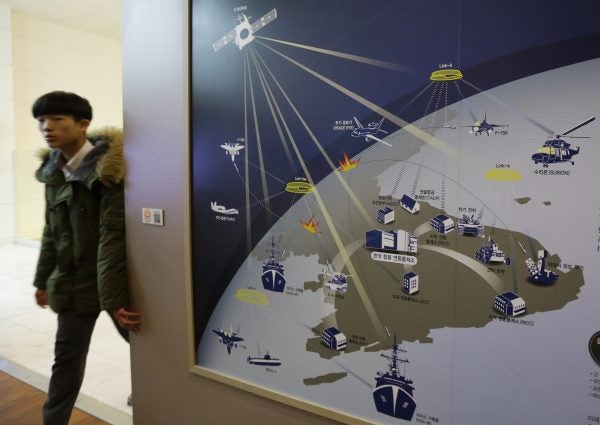As Machines Wage War, Human Nature Endures
Fear, Honor, and Self-Interest Are Still the Wellsprings of Conflict
Over the past quarter century, the information technology revolution has transformed relations between people and between states, including in the conduct of warfare.
For the U.S. military, the manifestations of this revolution have covered the full spectrum from the dramatic to the prosaic. Unmanned aerial vehicles, ships, and ground systems now carry increasingly sophisticated surveillance capabilities and precision guided weapons. Less visible, but also hugely important, has been development of the ability to integrate and analyze vast quantities of intelligence from all sources and determine precise locations of friendly and enemy …














